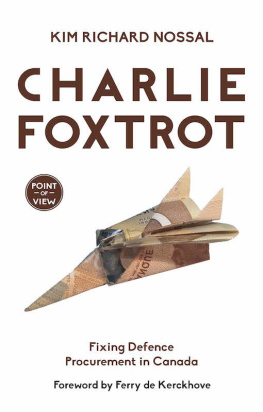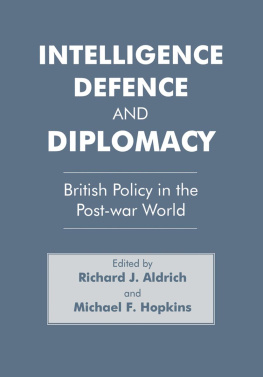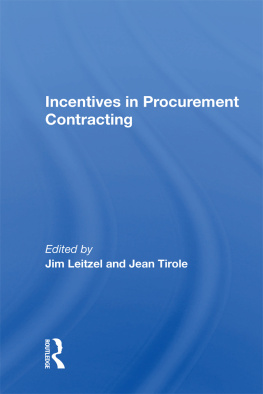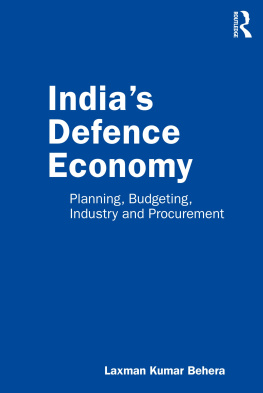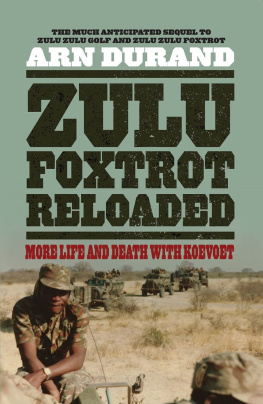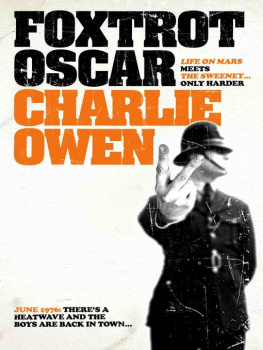Publishers Message for Charlie Foxtrot
To shed light on todays cultural, social, economic, and political issues that are shaping our future as Canadians, Dundurns Point of View books offer readers the informed opinions of knowledgeable individuals.
The author of a Point of View book is someone weve invited to address a vital topic because his or her front-line experience, arising from personal immersion in the issue, gives readers an engaging perspective, even though a reader may not ultimately reach all the same conclusions as the author.
Our publishing house is committed to framing the hard choices facing Canadians in a way that will spur democratic debate in our country. For over forty years, Dundurn has been defining Canada for Canadians. Now our Point of View books , under the direction of general editor J. Patrick Boyer, take us a further step on this journey of national discovery.
Authors of Point of View books have an important message, and a definite point of view about an issue close to their hearts. Some Point of View books resemble manifestos for action, others shed light on a crucial subject from an alternative perspective, and a few are concise statements of a timely case needing to be clearly made.
But whatever the topic or whomever the author, all these titles are eye-openers for Canadians, engaging issues that matter to us as citizens.
J. Kirk Howard
President
A Note from the General Editor
Over early morning pre-conference coffee, Kim Richard Nossal and I were catching up with one another before taking our place as speakers on Canadian policy in historical context, and quickly found ourselves talking about the military procurement fiasco then enveloping the Harper government in its final days.
Id long cherished the optimistic realism that invests Professor Nossals political analysis and his masterly domination of subjects on which he focuses. My years in the House of Commons with the Mulroney government as parliamentary secretary, first for external affairs and then for national defence, and my role in Pugwash dealing with nuclear weapons and disarmament, further heightened my respect for his informed views about our inchoate inability as a nation to act with decisive purpose on most public issues. Id seen first-hand how governments win buy-in for a program by overpromising its benefits and understating its costs. This is a Canadian norm, but when it concerns defence procurement, the practice is ruinous because the costs are dramatically higher.
In Charlie Foxtrot , Nossal unravels why. From details of military hardware to the swamp of long-brewing controversies, over the hurdles of bureaucratic process, and around the intense partisanship that scorches public debate over Canadas military roles and what equipment is needed to fulfill them, Nossal renders a true national service in clarifying for Canadians the deep-seated political problems that hobble us. Just as vital, he shows what we pointedly must demand of our elected representatives, and how a more mature Canadian political culture can embrace a sane balance between rival interests as ever-changing technologies impose the need to evolve the equipment of our armed forces in phase with the times.
J. Patrick Boyer
General Editor
Point of View Books
Dedication
For Colin and Rowan
Contents
Foreword
I t was with a great sense of honour coupled with humility that I accepted the invitation to write a foreword to this gem of a book on Canadas defence procurement history. Indeed, I have read Charlie Foxtrot as a citizen, former executive vice president of the Conference of Defence Associations Institute (CDAI), and the author or co-author of four editions of CDAIs yearly The Strategic Outlook for Canada. As a citizen, the very thorough reminder that so many lives have been lost and so much treasure wasted due to ill-conceived policies and unwarranted political gamesmanship is deeply disheartening. As a researcher who has written extensively on foreign affairs, defence policy, and national security, there is so much I agree with Kim Nossals analysis that I could easily stop here.
But this book superbly links a set of observations at the heart of several of our greatest weaknesses as a nation on defence champagne tastes with beer allocation; easy riders and penny pinchers, yet demanding a combat-capable, multi-role, fully equipped military; putting economic benefits ahead of military efficiency, political expediency ahead of long-term interests; and then some. One can add to the list: often ignoring our geography or twisting it quite a big chunk to justify doing less, putting our very sovereignty at risk, using our three oceans and the longest coastline in the world not as an inducement to develop a real national security strategy based on a clear-eyed foreign policy, but as a reason to stall fundamental decisions. Also, an apparent passion for the mythic attraction of the Great North and even of the need to defend it against those terrible Russians and their antiquated strategic Bear bombers, but with a minimal capability on the ground. Erich Maria Remarque has never been less alone in his All Quiet on the Western Front. But as Wests go, our West is bound to become less quiet, Ottawa East notwithstanding.
In a way, Nossals book, a beautiful standalone piece, is also a synthesis a capsule of how Canadians, who, in times of war, from Vimy onward have been recognized as top soldiers, seem to fall in a collective amnesia once the engagement ends no more evident than the morning after the last men and women in uniform returned from Afghanistan. It is this kind of amnesia that allows our governments unwittingly or not to put national defence as just one of the issues on the agenda to be dealt with along the others. I am not pleading for uniqueness each governing agenda item is unique but defence, particularly defence procurement which is at its foundation, simply does not fit a yearly time horizon or happenstance attention. In fact, one could argue that, provided continuous due diligence is enforced, defence procurement should not be clogged into fiscal year frameworks, which is the most important reason for procurement funds unspent, with its companion impact on yearly inflation cost at 7.5 percent. The irony is that the financial cycle is a yearly one, although procurement decisions usually impact future governments still to be elected. Considering that, ultimately, defence involves flesh and blood, how can Canadians accept their governments entertaining constant, systemic procurement messes? Do we forget that those men and women who join the Canadian forces agree to sacrifice their lives if needed in order to protect our nation, or participate in expeditionary missions in faraway places for the better good of humanity?
What makes Nossals contribution so important is its exquisite fairness in analyzing such a difficult issue as procurement. Indeed, notwithstanding the huge amounts involved, the most critical issue remains to what extent the equipment procured will ensure the effectiveness of the mission and the safety of our soldiers. Simple as that. And as an observer of the CF-18 replacement saga, I wish, from the outset, to express my gratitude to Nossal for underlining General Paul Mansons outstanding contribution to the earlier, almost perfect management of the New Fighter Aircraft Program that brought us the CF-18. I, too, have benefitted from Pauls wise counsel, always offered with the modest authority of intelligence and experience.



